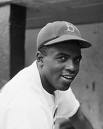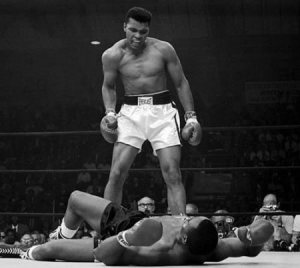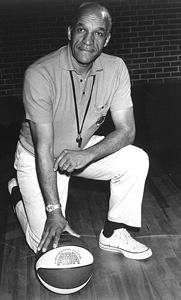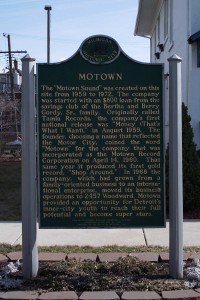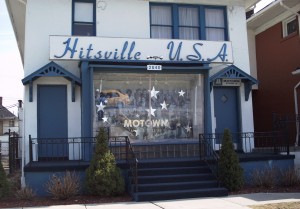Well the semester is coming to a close – as is my undergraduate career. As I was writing my review of the course for the university, I realized how disappointed I was that I didn’t have this experience earlier in my undergraduate experience. It really changed the way I thought about and dealt with history. I’ve always felt that history was relevant. However, I never realized the multitude of ways it affects everyday life.
Mostly, though, I wish I would have had it earlier because it made me more aware of my relationship with history. I have done research, which I have been emotionally invested in and passionate about; however, I still failed to realize that through my research, interpretation and then presentation to the public – I altered that history. That is what struck me most about public history. We are each involved in every step of it: the process, representation, interpretation and history itself.
This realization has helped me with my individual project as well. I had to think carefully about my audience, how I was presenting the material and what I was presenting. Does each step convey the message I want? Am I leaving out an important detail that changes the whole story? Since I am shaping how others learn and interact with history, it is important that I am aware that I change that history by interacting with it. So, I have to make sure I use it in a way that is true to the history, while still is appropriate and engaging to my audience.
I also realized that history is never an individual pursuit. It would be impossible to do on one’s own. You can see this in our group project. While working together may have been tough and confusing at times, we ultimately accomplished much more together than we ever could have separately. You can also see this in the practice of history. No one person can complete research without using work by previous historians. The pursuit, learning and conveying of history is pointless without other people, without an audience. Therefore, history is not a dry pursuit done by yourself, for yourself disconnected from the world; it is actually a highly intimate endeavor which connects you with people across space and across time.
This is the reason I went into history. I felt like it was relevant and connected me with others. However, I never saw this as a necessity of the field, but more a reflection of my feelings about it. I now believe that intimacy and personal connections is an intrinsic aspect of history.
I also do not think that there is necessarily any history that is not public history. All history is conveyed for an audience of some kind. Some may seem more public than others, but all history has an audience. If it did not, there would not be a point to it.
This seems like an incoherent string of thoughts. Well, I guess it is. The point is that this study of public history that I have done this year has made me contemplate the many different aspects, role and influence of history. I think this is important for anyone going into a field that conveys history. I took for granted what I thought I believed/knew about history as true without considering why I felt that way or the implications. This course has forced me to do so.
So what is public history? It is anything and everything. It is complicated, messy, and never finished. It is uniting, contentious, and ever-present. It both influences and is influenced by its creators and audiences. Mostly it is full of more questions than answers, which is how it should be. History should push us to think critically of ourselves, the world around us and our past – and public history is not different.
So as I go off onto the next part of my adventure, I will take this with me. Hopefully I will successfully push my students to contemplate not only historical topics, but history itself as well.
